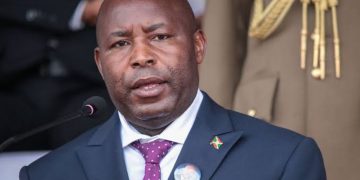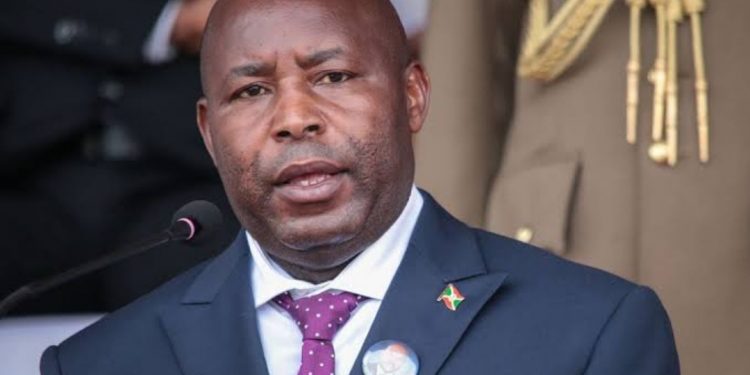By John Ikani
The European Union announced on Tuesday that it would lift sanctions on Burundi that were imposed in 2016.
It cited a peaceful political environment and progress by the Burundian Government in several areas, including human rights and the voluntary return of refugees into the country.
It however noted that persistent challenges remained “in the areas of human rights, good governance, reconciliation and the rule of law”.
Further progress would be beneficial for all Burundians, including through the implementation of the roadmap, in the framework of ongoing EU-Burundi political dialogue, it said.
“Today’s decision to lift restrictions is a result of the peaceful political process that started with the general elections of May 2020 and which has opened a new window of hope for the population of Burundi,” the EU said in a statement.
The statement pledged the EU and other international partners’ readiness to support ongoing efforts of Burundian authorities to stabilize and consolidate democratic institutions, promote human rights, good governance and the rule of law.
The lifting of sanctions by the EU follows a similar decision by the US last year.
The EU imposed sanctions in 2016 at the height of a political crisis following the late President Pierre Nkurunziza’s decision to pursue a third term in office, which triggered deadly street protests.
More than 330,000 Burundians fled to Rwanda, Tanzania, Uganda and the Democratic Republic of Congo.
But many refugees have since voluntarily returned, while cooperation with the international community and neighbouring countries has been revitalized.
Nkurunziza died in 2020 weeks after the election of Évariste Ndayishimiye, his preferred successor.
President Ndayishimiye welcomed the EU’s decision and said the country was ready to co-operate with all partners.




































